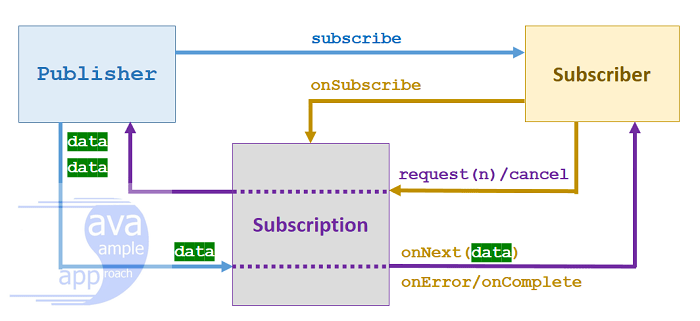- Spring Data Neo4j Dynamic Query
- Neo4j Spring Boot
- Spring Reactive Neo4j Rate
- Spring Reactive Neo4j Free
- Neo4j Application
Patrick Baumgartner
42talents, Switzerland
Spring Data Neo4j Dynamic Query

Workshop info:
Date: 13 November
Neo4j Spring Boot
In Spring Data Neo4j 6 (6.0.1), a basic Neo4jTemplate findAll operation with a simple relationship doesn't seem to map the relationship entity and its target even though they are part of the result. Spring-data spring-data-neo4j asked Nov 16 at 14:34. The new reactive API enables developers to consume data from the Neo4j database at their own rate, instead of being overwhelmed with a flood of query results. “It might seem nerdy and low level,” Weber says, “but it means people using Neo4j have a much smoother path when they’re using the database.”.
Time: 10:00 – 17:00
Language: English
Patrick Baumgartner
42talents, Switzerland
Workshop info:
Date: 13 November
Time: 10:00 – 17:00
Language: English

Patrick Baumgartner works as a passionate software crafter at 42talents and builds software with Java, the Spring ecosystem, OSGi, Neo4j and ElasticSearch and other open source technologies. In the software crafter community, he co-organises the Software Craftsmanship Zurich Meetup and runs the SoCraTes Conference Switzerland and is involved VoxxedDays Zürich and other events. Besides that, he teaches at ZHAW Zurich University of Applied Science and speaks regularly on conferences about Software Craft and technical topics around Java and Spring.
In this Workshop, we will use Spring Framework 5 to write Functional Reactive code and will answer the following questions.
Spring Reactive Neo4j Rate
● What is Functional Programming?
● What is Reactive Programming?
● What is Functional Reactive Programming?
Functional Reactive Programming is a hot trend in the Java world and also introduced in Spring Framework 5. This new paradigm allows you to effectively work with streams of data.
You’ll get hands on experience with building a Reactive application to stream data leveraging the newly available Reactive data types, Spring WebFlux and Spring Data.
- Introduction Reactive Streams, Publisher/Subscriber types and Reactor types
- Using Spring WebFlux
- Functional configuration API for Spring WebFlux
- Using Spring Data MongoDB to reactively stream data
- Using Reactive Types with Thymeleaf
- Using Spring Security Reactive
- Using Reactive RabbitMQ with Spring
- Using Reactive Redis with Spring
Participants will build and test the individual parts of a Spring Boot microservices infrastructure themselves. We will use different tools and demonstrate the interaction between them. At the end of the day, participants will take along a backpack of tools, working techniques and terms that will help them successfully implement reactive components with Spring Boot. The example project realised in the workshop can later serve as a basis for own projects.
Spring Reactive Neo4j Free
This workshop is targeted at developers and architects who are new to reactive programming and want to learn how to use the Spring ecosystem to get started.
In order to participate, you will need:
Neo4j Application
- A laptop with at enough spare disk space and RAM
- Java, Maven and your favourite IDE installed (Eclipse, Spring STS, IntelliJ, Netbeans)
You’ll get hands-on experience with building a Reactive application to stream data leveraging the newly available Reactive data types, Spring WebFlux, Spring Data and Rsocket. Besides that, we will work with some new tools which make dealing with errors and blocking APIs visible.
Agenda
- Introduction Reactive Streams, Publisher/Subscriber types and Reactor types Getting familiar with Project Reactor
- Using Reactive RabbitMQ with Spring
- Using Rsocket as a streaming message protocol
- Using Spring WebFlux Functional configuration API for Spring WebFlux Using Reactive Types with Thymeleaf
- Using Spring Security Reactive
- Using Spring Data MongoDB to reactively stream data
- Using Spring Data R2DBC
- Using Reactive Redis with Spring
- What’s next?
Target audience
This workshop is targeted at developers and architects who are new to reactive programming and want to learn how to use the Spring ecosystem to get started.
Requierments
Participants should have some prior knowledge about Java and the Spring Framework/Ecosystem. The workshop will be held in English.
In order to participate, you will need:
- A laptop with at enough spare disk space and RAM
- Java, Maven and your favourite IDE installed (Eclipse, Spring STS, IntelliJ, Netbeans)
- Docker for some demos